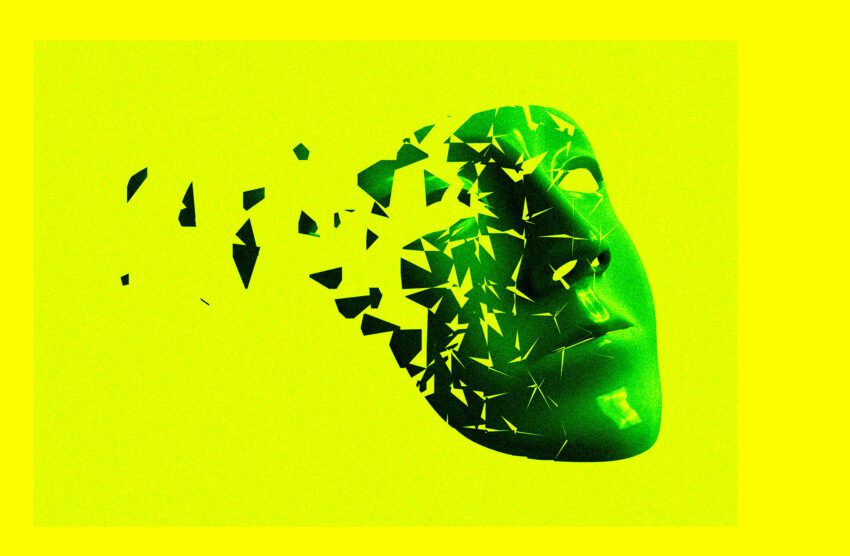
the right to anonymity is powerful and The recent Supreme Court ruling has raised significant concerns about the erosion of online anonymity rights in the United States.
the right to anonymity is powerful and
Background on Online Anonymity
Online anonymity has long been a cornerstone of free expression on the internet. It allows individuals to express their thoughts and opinions without fear of retribution, fostering open dialogue and the exchange of ideas. This right has been particularly important for marginalized communities, whistleblowers, and activists who rely on anonymity to protect their identities while advocating for change.
Historically, the legal framework surrounding online anonymity has been shaped by various court decisions and legislative actions. The Communications Decency Act of 1996, particularly Section 230, has provided a degree of protection for online platforms, allowing them to operate without being held liable for user-generated content. This has enabled the proliferation of diverse voices on the internet, but recent trends indicate a shift toward greater regulation and oversight.
The Supreme Court Ruling
In June 2023, the Supreme Court made a landmark decision that has profound implications for online anonymity. The ruling addressed the requirement for age verification on adult websites, which the Court deemed permissible under the First Amendment. This decision effectively dismantled a two-decade-old precedent that protected the right to online anonymity, raising alarms among civil liberties advocates and privacy experts.
Implications of the Ruling
The ruling has several immediate and long-term implications for online users and platforms:
- Increased Surveillance: The requirement for age verification could lead to increased surveillance of internet users. Websites may be compelled to collect personal information, including government-issued identification, to comply with age verification laws. This collection of data poses significant risks to user privacy and could lead to data breaches.
- Chilling Effect on Free Speech: The ruling may create a chilling effect on free speech, particularly for individuals who wish to remain anonymous. Fear of exposure may deter users from engaging in discussions on sensitive topics, undermining the very essence of free expression.
- Precedent for Future Regulations: This decision sets a troubling precedent for future regulations that could further erode online anonymity. If age verification is deemed acceptable, other forms of identity verification could follow, leading to a slippery slope of increased regulation and oversight.
Stakeholder Reactions
The Supreme Court’s ruling has elicited a range of reactions from various stakeholders, including civil liberties organizations, tech companies, and lawmakers.
Civil Liberties Organizations
Many civil liberties organizations have expressed deep concern over the ruling. The American Civil Liberties Union (ACLU) issued a statement condemning the decision, arguing that it undermines the fundamental right to free speech. They emphasized that anonymity is essential for individuals to express dissenting opinions and engage in political discourse without fear of retaliation.
Tech Companies
Tech companies are also grappling with the implications of the ruling. Some platforms may be forced to implement age verification systems, which could require significant changes to their user registration processes. This could lead to increased operational costs and potential backlash from users who value their privacy. Additionally, smaller companies may struggle to comply with these regulations, potentially stifling innovation in the tech sector.
Lawmakers
Lawmakers are divided on the issue. Some support the ruling as a necessary measure to protect minors from harmful content online. They argue that age verification is a responsible step toward ensuring a safer internet. However, others warn that such regulations could infringe on civil liberties and lead to unintended consequences, including the marginalization of vulnerable populations.
The Broader Context of Tech Regulation
The Supreme Court’s decision is part of a broader trend in American tech policy that has seen increasing calls for regulation. Over the past few years, lawmakers have focused on issues such as data privacy, misinformation, and online harassment. While these concerns are valid, the approach taken often prioritizes regulation over user rights, leading to a precarious balance between safety and freedom.
Global Perspectives on Anonymity
In contrast to the U.S. approach, many countries have adopted more robust protections for online anonymity. For instance, the European Union’s General Data Protection Regulation (GDPR) emphasizes user consent and data protection, allowing individuals to maintain a degree of anonymity online. This divergence in approaches raises questions about the future of internet governance and the rights of users in different jurisdictions.
Future Considerations
As the implications of the Supreme Court’s ruling continue to unfold, several key considerations emerge for the future of online anonymity and free speech:
- Advocacy for Privacy Protections: There is a pressing need for advocacy groups to push for stronger privacy protections that safeguard online anonymity. This includes lobbying for legislation that prioritizes user rights and limits the collection of personal data.
- Technological Solutions: Tech companies may need to explore innovative technological solutions that allow for age verification without compromising user anonymity. This could involve the use of cryptographic methods or decentralized identity systems that protect user information.
- Public Awareness and Education: Raising public awareness about the importance of online anonymity is crucial. Users must be informed about their rights and the potential risks associated with increased surveillance and data collection.
Conclusion
The Supreme Court’s ruling on age verification represents a significant shift in the landscape of online anonymity and free speech in the United States. As the waves of regulation continue to converge, the implications for users, tech companies, and civil liberties advocates are profound. The right to anonymity is not merely a legal issue; it is a fundamental aspect of a free and open society. Moving forward, it is essential to strike a balance between protecting vulnerable populations and preserving the rights of individuals to express themselves freely online.
Source: Original report
Was this helpful?
Last Modified: September 19, 2025 at 5:37 pm
3 views















